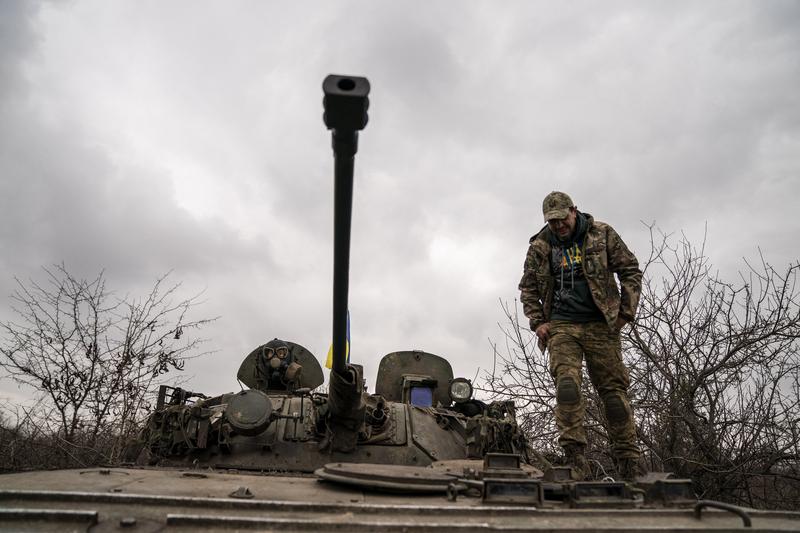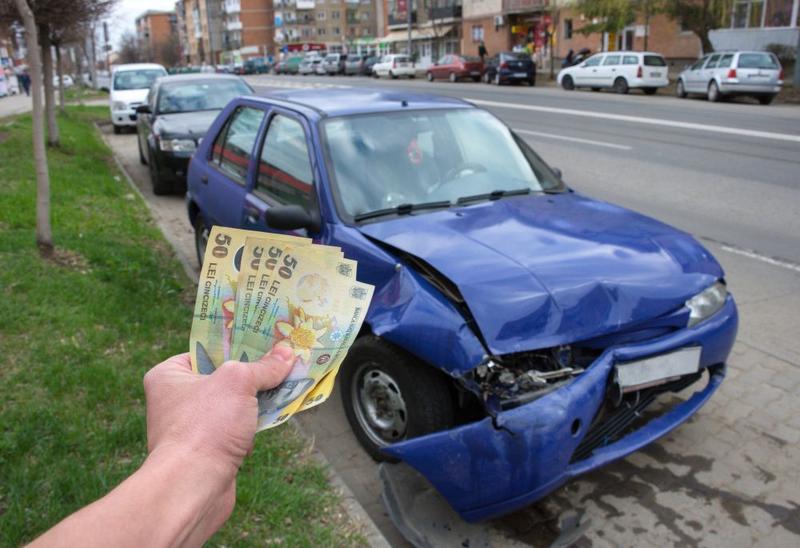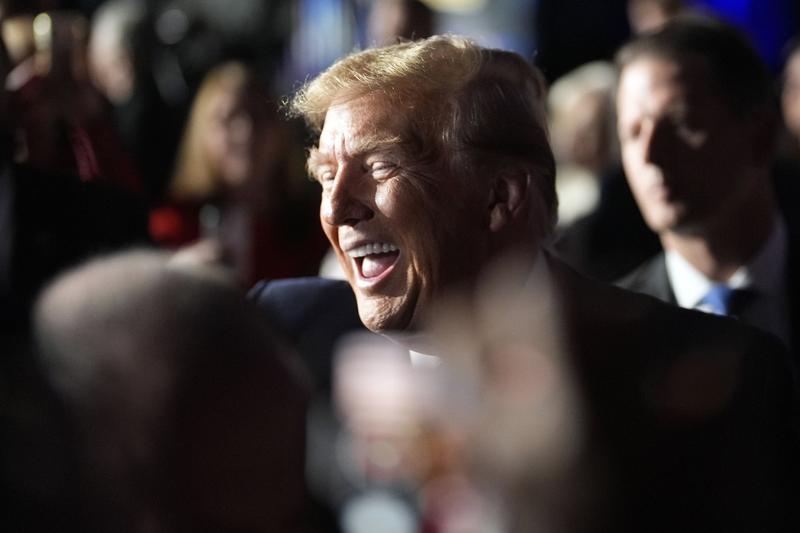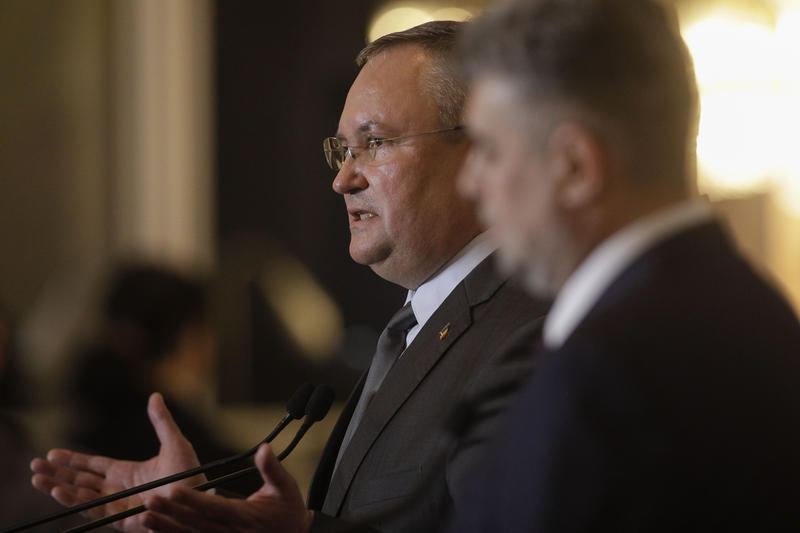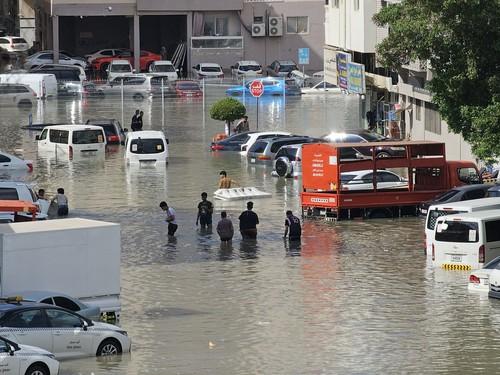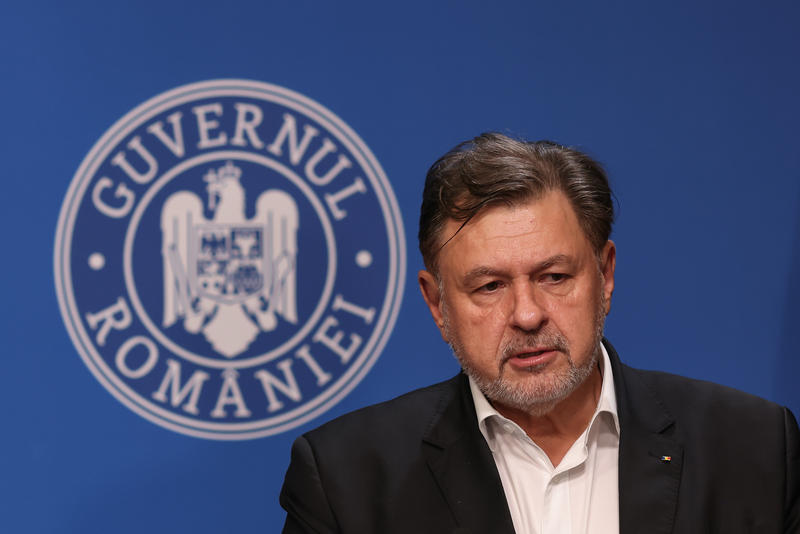On March 2, Russians are expected to elect a new head of state - most probably Dmitri Medvedev, a 42 years old lawyer seen as a Liberal minded politician. Will the Kremlin change mean anything for the relations between Russia and Romania? Most probably not, as after 1990 the various post-communist governments have been running policies of moving away from Russia, with negative effects in the economic sector but with significant gains in terms of security.
Romania has one big problem in its relations with Moscow: it is the European country that pays most per thousand of cubic meters of imported natural gas. This is due mainly to Romania's foreign policy of closing in to Euro-Atlantic structures and opposition to Russia, which made Russia to treat Romanian authorities coldly - and even with hostility some time.
While Romania pays some 376 USD/thousand of cubic meters of gas, a price that may rise to over 390 after April 1, other European countries are paying between 150-240 US dollars. A similar situation to Romania can only be found in Poland, which pays 340-350 US dollars/thousand of cubic meters.
Still, Romania is less dependent to Russian energy than other countries as it still has consistent natural gas reserves, allowing it to import below 40% of its needs from Russia.
Romania is part of another dispute between Russia and the West. Russia has been in an undeclared conflict with the EU and the US over energy resources, which is visible in the Balkans where to natural gas pipelines are in a draft phase: South Stream and Nabucco.
For Russia, the South Stream pipeline is a good tool to bring as many Eastern European countries under its wing of influence as possible and regain political influence in the region. For the European Union, Nabucco would be a good occasion to reduce its dependence on Russian gas.
Romania seems to be in the losing position in this game, as Bucharest is only playing the Nabucco card, which is behind South Stream and lacks a clear energy provider. Other countries such as Bulgaria and Hungary have been joining the Russian proiject.
Romanian-Russian relations are also difficult in terms of trade, as by the end of 2006 the total volum of bilateral trade reached 4.3961 billion USD. But Romania only exported goods amounting to 374.1 million USD, while its imports from Russia, mainly in the energy field, amounted to 4.02 billion USD.
Russian investments in Romania are also law and focused on key sectors such as industry and energy: Lukoil, Ruskyy Aluminy, OMZ, TMK-SINATRA Handel, Mecel, Temerso, Tehnostreel.
In Romania's collective mind, Russia is mostly associated with the takeover of Bassarabia (the current Moldovan Republic) and the forceful introduction of a communist regime in Romania after WWII. Romania's foreign policy after 1990 was built exclusively on geo-strategic reasons and less on economic relations, which has led to minimal relations with Russia.
It was only in 1999 that Bucharest said it was ready to reconsider its relations with Moscow, both at political and economic level.
A series of high-level contacts culminated with a visit of President Traian Basescu to Moscow in 2005, but his statements at the time, of overcoming historical prejudice of the previous 15 years, did not take shape as the relations continued to freeze.
Only two days before Russian elections today, President Basescu signed a decree naming a new ambassador to Moscow, which may mark a change in bilateral relations. Future Ambassador Grigorie had admitted before Romanian MPs that he'd take over the position at difficult times - which had him set as his first objective a meeting between the presidents of the two countries in 2008 or 2009.
That may take place at the NATO Summit due to be hosted by Bucharest this spring, with the participation of President Vladimir Putin, who will still be in office by then.



